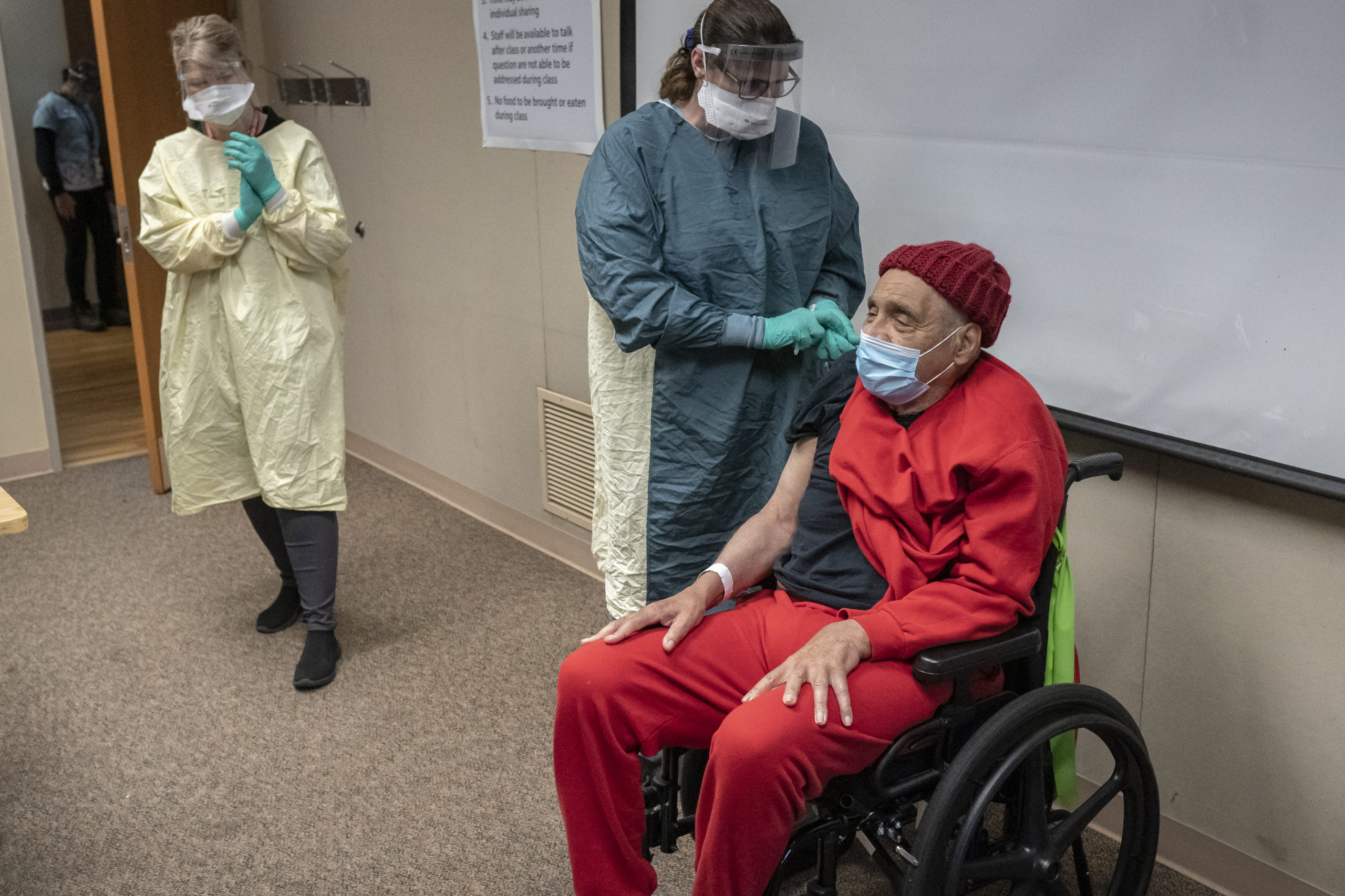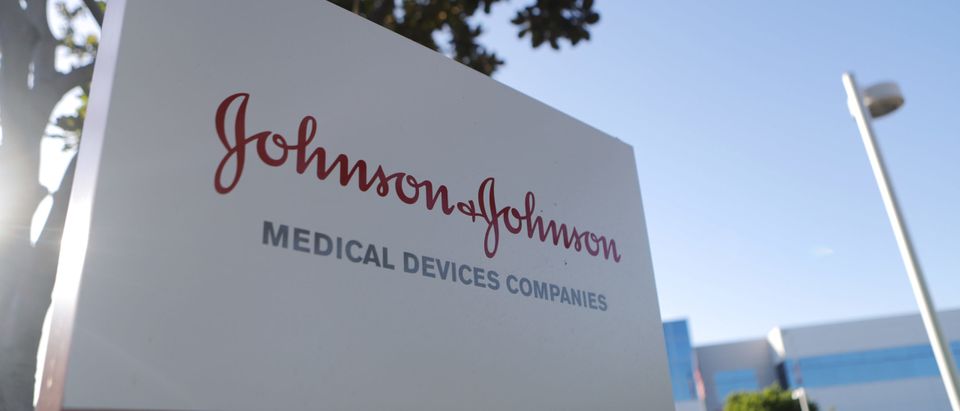Johnson & Johnson announced Friday that its coronavirus vaccine was 72% effective in combating COVID-19, but only 57% effective against a novel South African strain.
While slightly less effective than Pfizer and Moderna’s vaccines, which were both approved by the FDA in December, Johnson & Johnson’s vaccines provides significant distribution advantages that could be crucial in the nation’s fight against the virus. Unlike Pfizer and Moderna, Pfizer’s vaccine is just one shot, and can be stored in refrigerators instead of freezers.
Despite the vaccine’s weakened efficiency against the South African strain, which is believed to be more contagious, Johnson & Johnson officials said that the vaccine would be critical to curbing the pandemic in a statement announcing its results.
“This is the pandemic vaccine that can make a difference with a single dose,” said Dr. Paul Stoffels, the company’s chief scientific officer.
Though it is still unclear how effective the two approved coronavirus vaccines will be against the new strains, early studies have indicated that the variants only marginally impact how the vaccines create virus antibodies.
It has spread to over 30 countries, including the United States, where two cases were confirmed in South Carolina on Jan. 28. (RELATED: Experts Worry South African Strain Is More Contagious)

Medical staff applaud as Vietnam War Army veteran James Curry, 78, (R) receives a COVID-19 vaccination at a Veterans Affairs long-term care facility on December 17, 2020 in Vancouver, Washington. (Nathan Howard/Getty Images)
Johnson & Johnson said that it would apply for emergency authorization from the FDA as early as next week, meaning that it could be approved for use in February if its timeline matches those of Pfizer and Moderna.
While the rate at which Americans have gotten vaccinated has increased in recent days, several states face a vaccine supply shortage and are still fighting against record case counts. The approval of a third vaccine that requires one dose instead of two could be critical to slowing the spread of the virus.
Johnson & Johnson is under contract with the federal government to produce 100 million doses by June, enough to vaccinate nearly one-third of Americans since its vaccine is only one dose.
All content created by the Daily Caller News Foundation, an independent and nonpartisan newswire service, is available without charge to any legitimate news publisher that can provide a large audience. All republished articles must include our logo, our reporter’s byline and their DCNF affiliation. For any questions about our guidelines or partnering with us, please contact licensing@dailycallernewsfoundation.org.


